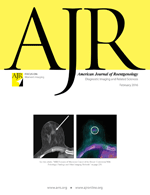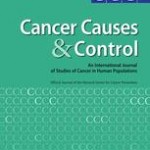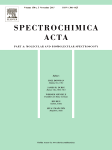A BMC journal has added an expression of concern to a paper on firefly genes after a University of Queensland investigation determined a table should be credited to a different source.
According to a representative of the university, the investigation found no evidence of misconduct. The university submitted an erratum that the journal chose not to publish; in the EOC note, the journal says the wording of the erratum is “under dispute.”
The erratum submitted to the journal specifies that the table should be attributed to former UQ biologist Robert Birch, who was not an author on the paper. The investigation concluded that the authors had not committed misconduct and “acted in good faith” in using the table, Anton Middelberg, University of Queensland Pro-Vice-Chancellor told us.
The paper, “Synthetic versions of firefly luciferase and Renilla luciferase reporter genes that resist transgene silencing in sugarcane, published in BMC Plant Biology, has been cited twice, according to Thomson Scientific’s Web of Knowledge.
Here’s the expression of concern:
Continue reading Firefly paper flagged following Queensland investigation









